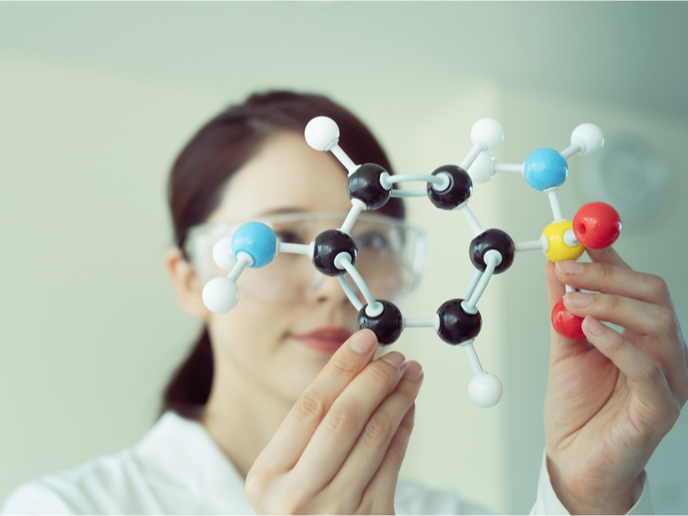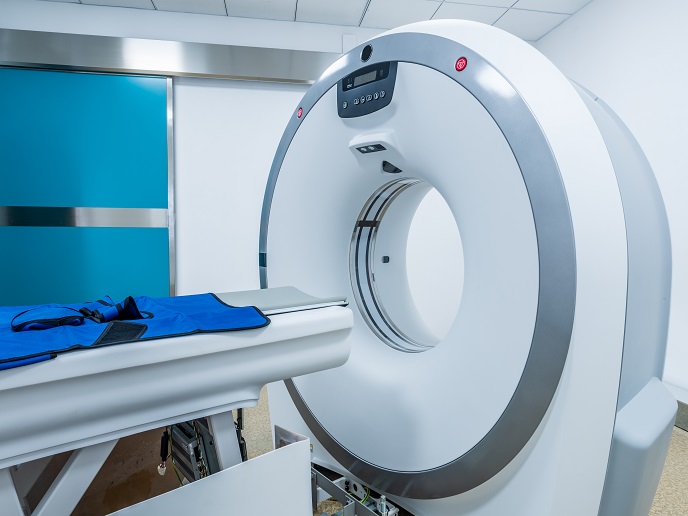Nature does it best
Among these transmembrane proteins is a class called aquaporins that is extremely specific for water molecules. The exploitation of nature’s selectivity for pure water has important implications for water filtration and separation in industry. The ‘Incorporation of aquaporins in membranes for industrial applications’ (Membaq) project was conceived to provide radical innovation in the fields of water purification, wastewater reclamation and energy production based on ion gradients (osmotic energy) using saltwater. Specifically, the researchers sought to produce membrane films containing recombinant plant aquaporins based on nanobiotechnology. The researchers used molecular dynamics (MD) simulations to investigate characteristics of water conductance across aquaporin membranes, resulting in improved solution permeability and water flux characteristics. They produced recombinant plant aquaporins, built them into a membrane film and incorporated this film into a composite membrane system. Furthermore, they developed and tested a number of methods for characterisation of the system with regard to critical parameters such as temperature and pH. The results were patented with a view to obtaining venture capital funding and future commercial exploitation. The media response to the innovations was quite enthusiastic. Continued research will include enhancing the stability of the membrane system developed to enable industrial testing in water purification and salinity power production. Thus, the Membaq project developed a novel nanobiotechnology- and nature-based water purification system with the potential to be up to 50 times more energy efficient than conventional technologies. Given the huge global market for water purification, project results should have important impact on the competitiveness and the economies of the EU.







